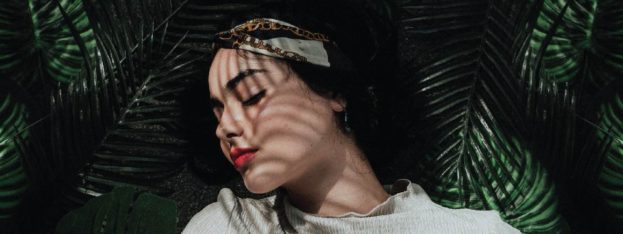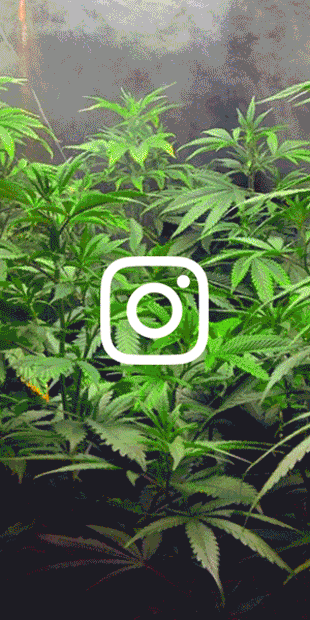CBD vs. THC For Sleep: Which is Better?
As medical research continues to establish the therapeutic and health benefits of cannabis, more and more people are turning to natural medicine in the hopes of finding a safer alternative to synthetic drugs. Let’s examine how this change in public sentiment can affect sleep dysfunction, one of the most common disorders for which Americans are on prescription medication.
The problem with sleeping pills
Many conventional z-hypnotics (also known as “sleeping pills”) are benzodiazepine receptor agonists with opioid or narcotic components — as well as serious dependency and abuse potential. With overuse, these drugs carry risks of a range of serious side effects including impaired memory, loss of coordination, lowered heart rate, dizziness, nausea and vomiting.
So where do cannabis compounds come in? In this post, we go over how the cannabinoids cannabidiol (CBD) and tetrahydrocannabinol (THC) can affect positive changes in common sleeping disorders and which of the two is right for you, as well as the pros and cons of using each.
How Do Cannabinoids Affect Sleep?
Cannabinoids interact with a network of receptors throughout the body known as the endogenous cannabinoid system (ECS). These receptors influence the production and uptake of hormones and neurotransmitters into the brain, producing a number of neurophysiological effects.
Our circadian rhythms depend on a healthy balance and sleep/wake production of anandamide, as well as 2-arachidonoylglycerol (2-AG). Natural production of anandamide, 2-AG and the enzymes that break them down for absorption falls out of balance due to lack of sleep or irregular sleeping patterns — both of which can be caused by sleep dysfunction.
Both THC and CBD can compensate for imbalances in anandamide and 2-AG endocannabinoid levels, albeit in different ways. Let’s briefly look into them below.
Using CBD to Promote Healthy Sleep Cycles
CBD isn’t known for producing neuroleptic or sedative effects; rather, it’s actually shown to increase wakefulness and focus. CBD promotes healthy sleep cycles indirectly, by ameliorating daytime sleepiness and narcolepsy. These disorders are commonly rooted in either chronic conditions or sudden changes in daily routine, such as jet lag.
By aiding against feelings of extreme fatigue and drowsiness throughout the day, CBD can help to break cycles of irregular sleeping patterns, restoring our circadian rhythms to normal and improving homeostasis.
When looking into CBD supplementation, it’s worth noting the importance of buying from reputable sources. Louisiana-based Crescent Canna is a good example of a CBD company with a high commitment to quality standards across an impressive variety of products. For an honest assessment of CBD’s effects, only buy from domestically-sourced sellers backed by third-party product testing.
The main advantage of CBD over THC for sleep is in its legal status. CBD can be openly consumed in public or on the go across the country, making it the more practical choice especially for those living in conservative states. However, supplementing against sleep dysfunction using CBD produces results later rather than sooner, as it restores sleep cycles and homeostasis over time.
Using THC Against Sleep Disorders & Their Root Causes
Unlike CBD, THC is a psychoactive cannabinoid found in large concentrations within a range of cannabis products: popular strains of marijuana, marijuana edibles and even THC cartridges. THC has long been studied for its neuroleptic and sedative properties, showing significant potential as a safer alternative to opioids and synthetic drugs. THC can also ameliorate the root causes of certain chronic conditions that affect quality of sleep, such as chronic pain or muscle spasms.
High-THC strains of cannabis such as Spumoni (23% THC), Gorilla Grips (22% THC) and Himalayan Blackberry (21% THC) are already commonly prescribed for patients struggling with sleep dysfunction in states where medical cannabis is legal. Quality indicas can be purchased safely at reputable dispensaries, along with low, standard and high-concentration THC cartridges.
While marijuana is not yet medically and recreationally legal nationwide, THC’s ability to produce immediate soporific and neuroleptic effects makes it a popular pick over CBD in states where marijuana is fully legal. As lawmakers across the country reassess prohibitive stances on the cannabis plant, more Americans struggling with sleep dysfunction are likely to be able to access THC’s medicinal potential in the future.







